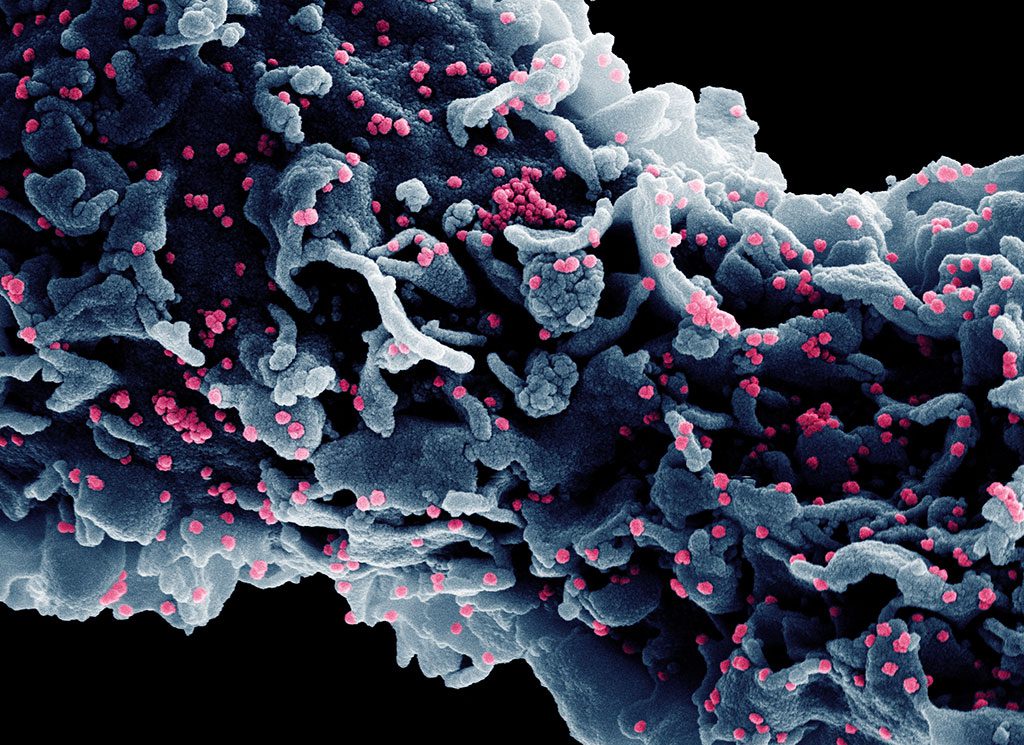NIH researchers evaluated the immune responses in nonhuman primates that received a primary vaccination series of mRNA-1273 (Moderna) and were boosted approximately 6 months later with either homologous mRNA-1273 or heterologous mRNA-1273.β, which encompasses the spike sequence of the B.1.351 beta (β) variant. Following boost, animals had increased neutralizing antibody responses across all variants of concern, which was sustained for at least 8 weeks post-boost.
A booster dose of the Moderna mRNA-1273 COVID-19 vaccine given to rhesus macaques about six months after their primary vaccine series significantly increased levels of neutralizing antibodies against all known SARS-CoV-2 variants of concern, according to a new study from National Institutes of Health (NIH) scientists and colleagues.
The research also showed that the increased neutralizing antibody responses were sustained for at least eight weeks after the boost, were significantly higher than after the primary vaccine series, and generated high-level protection – meaning the ability to significantly limit virus from replicating in the lungs and nose. These data suggest that boosting triggers a strong immune memory response and potentially longer lasting immunity.
The researchers also determined that both the mRNA-1273 vaccine developed to target the original SARS-CoV-2 virus and a slightly modified version of the vaccine targeting the Beta variant, were equivalent in their ability to boost antibody responses and protect.
Scientists at the Vaccine Research Center, part of NIH’s National Institute of Allergy and Infectious Diseases, led the project with collaborators from Emory University; Bioqual, Inc.; Moderna, Inc.; and Johns Hopkins University.
This study was performed six months ago when the SARS-CoV-2 Beta variant was a major concern. The researchers focused on the Beta variant because it has consistently shown the greatest ability to resist neutralization – by likely reducing vaccine effectiveness – according to the researchers. While Delta has become the dominant virus variant in the United States, because of its high transmissibility, it has only an intermediate ability to resist neutralization, the study authors state.
The scientists write that in people, an mRNA-1273 booster vaccine may improve the duration and potency of protection against upper and lower airway infection by any of the circulating SARS-CoV-2 variants, including Delta. They note that this would be especially important to maintain protection against severe disease and possibly limit mild infection and virus transmission. Their results support vaccine boosting in the elderly, people with pre-existing health conditions, those at high-risk exposure, and those who responded poorly to primary vaccination.
Protection against SARS-CoV-2 beta variant in mRNA-1273 vaccine–boosted nonhuman primates. Science, 21 October 2021.



